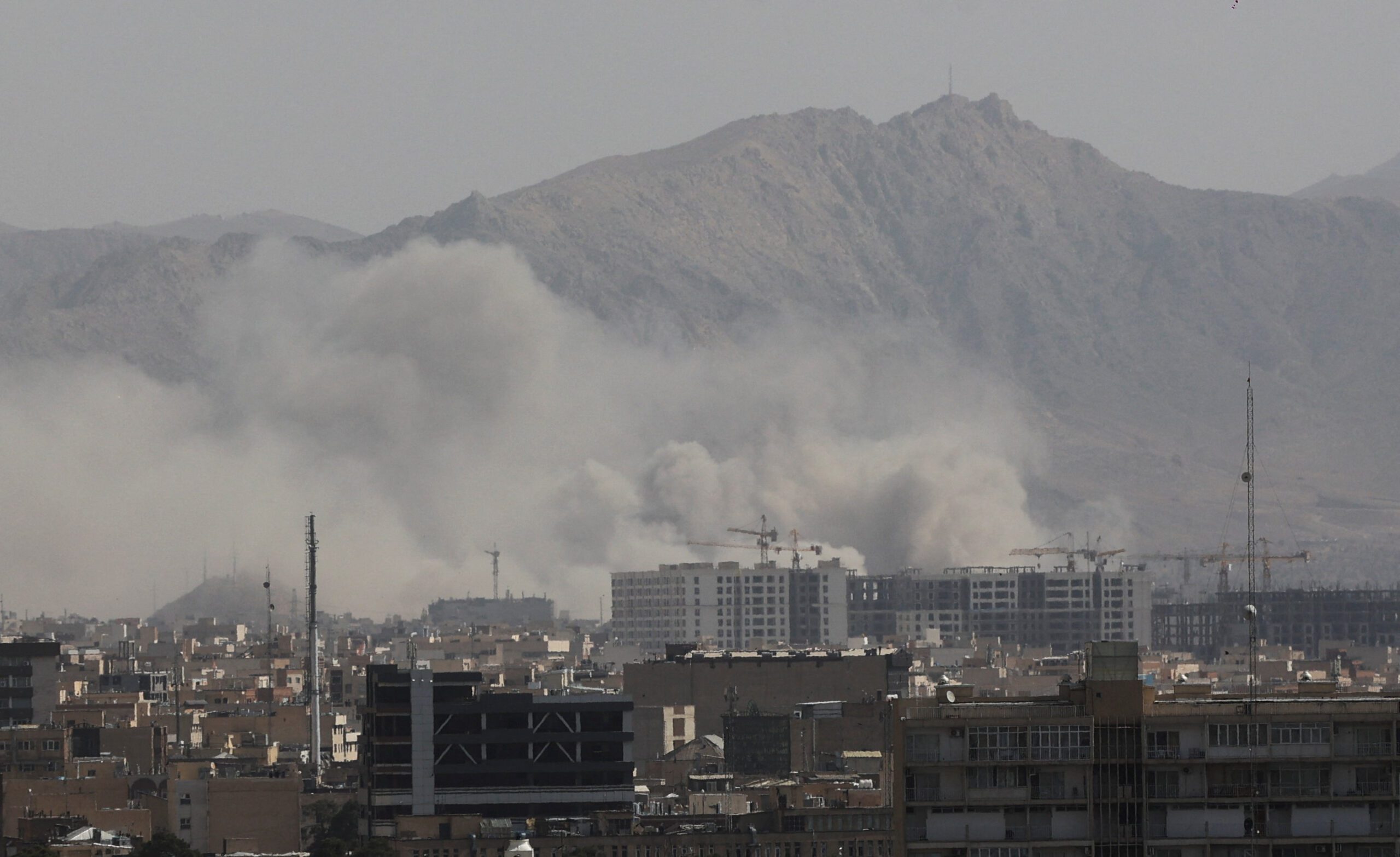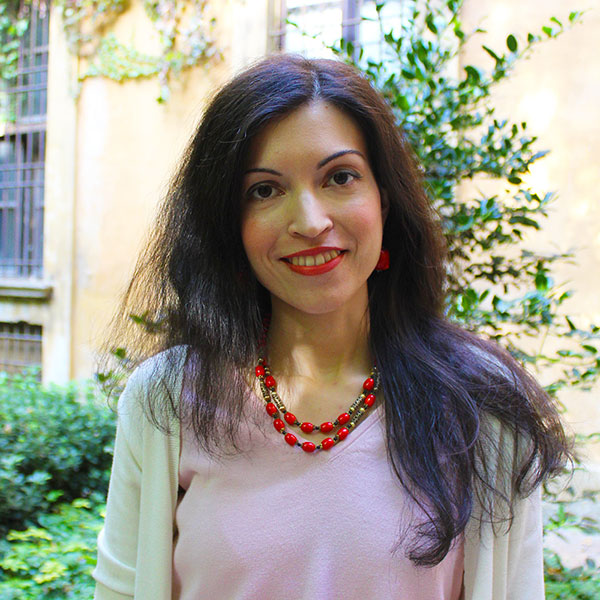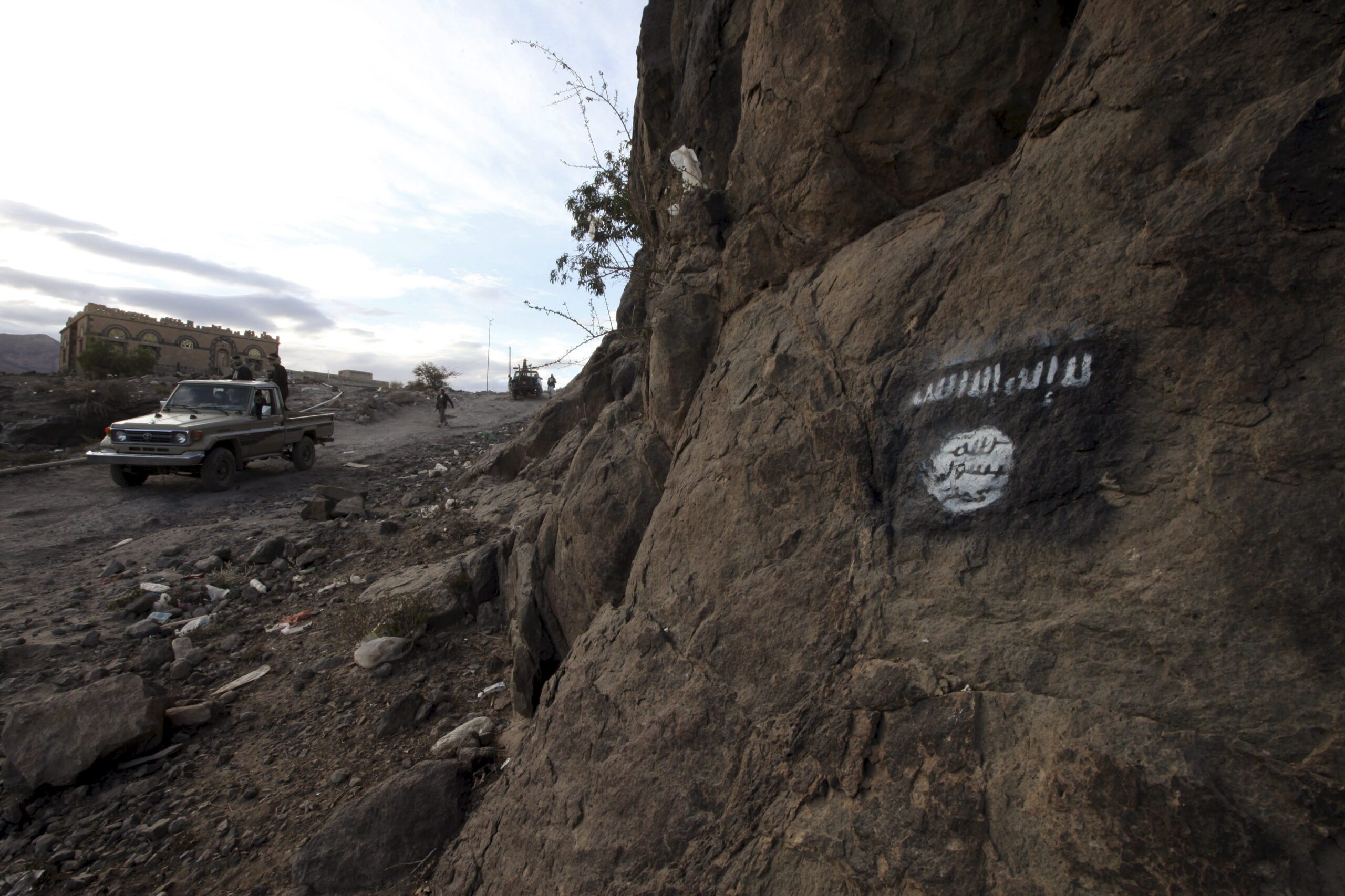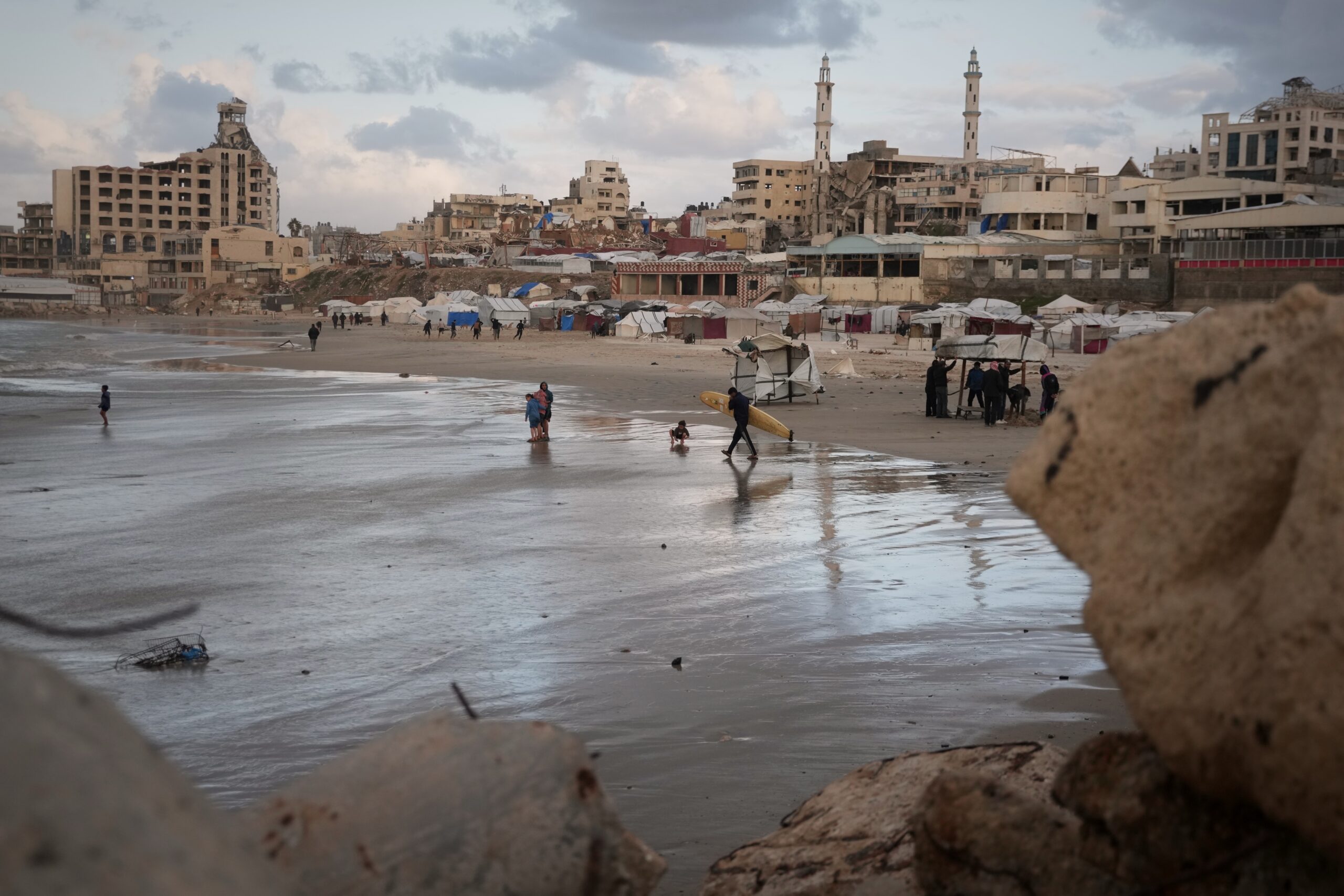The unfolding tragedy in Aleppo is not only a humanitarian and moral disaster, but it is a political calamity as well. All the worst actors are poised to be the big winners from what appears to be the imminent collapse of rebel groups in the besieged eastern half of the city.
The Syrian regime and its allies are employing barbaric but effective strategies and tactics. The main tactic being inflicted on eastern Aleppo is the regime’s familiar siege, starve and batter approach to retaking territory.
It’s a medieval model: encircle the area; systematically restrict food, medical supplies and other civilian essentials; keep up a steady barrage of bombardment, particularly targeting medical facilities; and, eventually, overrun it with a sudden, overwhelming attack.
The goal is to terrorise civilians and break the will, as well as the ability, of insurgent groups to fight. It’s the height of cruelty, but it’s working.
The world, including the United States, is long on lectures, but doing nothing.
The broader wartime strategy of the Bashar Al Assad regime is paying off. Relying on the playbook of his ruthless but skilful father, Hafez, Mr Al Assad has been gambling all along that, over time, most of the rest of the region and the world will prefer the devil they know to those they don’t.
And, indeed, the view that the continuation of the conflict is more dangerous and destabilising than the persistence of the regime, with its growing dependence on Iran, has gained considerable traction in recent months. It’s the height of cynicism, but it’s working.
The Obama administration’s irresponsible unwillingness to adopt a policy that promotes an identifiable and achievable outcome in Syria meant Washington increasingly left itself few plausible options. That, in turn, has virtually ensured a gradual and largely unintended drift away from regime change, with Washington playing into the hands of Mr Al Assad and his backers in Russia, Iran and Hizbollah.
Syrian officials openly admit they are trying to secure control over Aleppo before Donald Trump is inaugurated as US president. Not that they fear him. To the contrary, they expect that he will be far more sympathetic to the regime than the incumbent, Barack Obama.
But they can’t be certain what Mr Trump will do. And they are absolutely sure that Mr Obama will do nothing, since the chemical weapons “red line” fiasco demonstrated Washington’s determination to avoid engagement in Syria at all costs.
Mainstream rebel groups have been effectively starved of financial and material support, while more radical Islamist groups enjoy the backing of private donors, and, in some cases, some governments.
Meanwhile, Mr Al Assad – whose regime seemed on the brink of collapse in the summer of 2015 – has been salvaged and vastly empowered by a massive joint intervention by Russia, Iran, Hizbollah and sectarian Iraqi militias.
Mr Al Assad seems poised to secure control over not merely Aleppo but what his faction calls “necessary Syria”, which is a large strip of the country running from the Lebanese border to the Alawite coastal areas in the Syrian north-west and encompassing all of the major cities.
Yet it will be a Pyrrhic victory. Syria is demolished. No one is ready to rebuild it. And reunifying the country is a pipe dream.
The war will continue in much of the countryside. A large portion of Syria’s Sunni Arab majority will never accept Mr Al Assad’s legitimacy after he has presided over so much death and destruction.
Moreover, the Assad regime is wholly dependent on Russia, Iran, Hizbollah and Iraqi militias. These foreign forces on the ground are primarily controlled by Tehran, which is actively turning Syria into an Iranian protectorate, if not colonial possession.
Other Arab states, particularly in the Gulf region, along with millions of Syrians, will never accept this as a fait accompli.
But, although the war will continue, the moderate rebels are among the biggest losers. Extremist and terrorist groups, particularly Al Qaeda, are among the biggest winners.
Al Qaeda’s affiliates will increase their already alarmingly effective efforts to dominate the opposition. ISIL’s “caliphate” may be doomed, but Al Qaeda is riding high.
That suits Mr Al Assad and his backers perfectly. They are counting on extremists to dominate the opposition, and for the world to therefore see his rampages as a counterterrorism campaign.
Thus far, all the worst parties in Syria, and the broader Middle East – Mr Al Assad, Russia, Iran, Hizbollah and Al Qaeda – are ascendant.
They are winning because the supposedly responsible international powers are abdicating their responsibilities and ceding the field to mass murderers, fanatics, gangsters and terrorists. The calamitous fallout of this inexcusable moral, political and strategic failure won’t be restricted to Syria. The price will be huge and global.
This article was originally published by The National.
The views represented herein are the author's or speaker's own and do not necessarily reflect the views of AGSI, its staff, or its board of directors.



























Dec 5, 2016
How the Worst Option is Playing Out in Aleppo
The unfolding tragedy in Aleppo is not only a humanitarian and moral disaster, but it is a political calamity as well. All the worst actors are poised to be the big winners from what appears to be the imminent collapse of rebel groups in the besieged eastern half of the city. The Syrian regime and...
4 min read